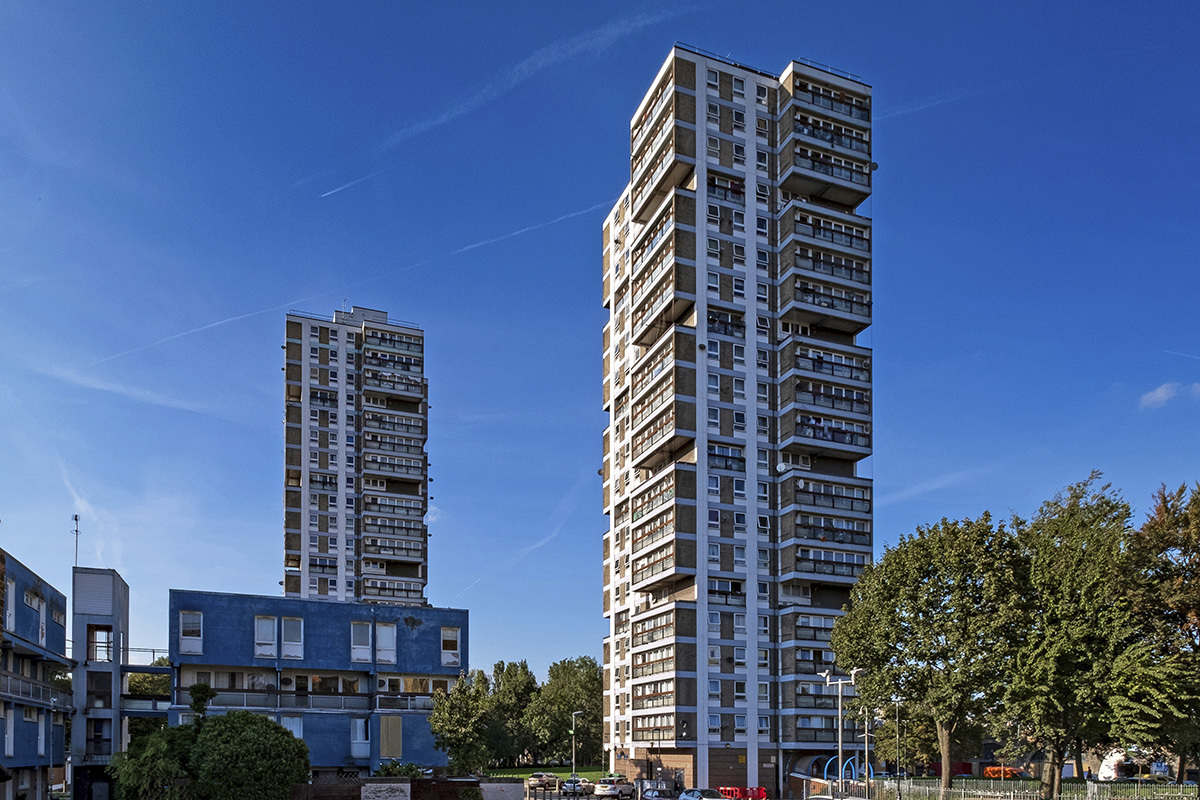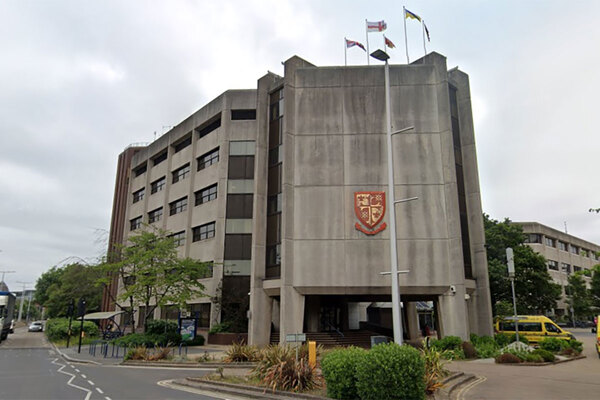London Councils warns over £700m ‘black hole’ due to rent cap
The capital’s local authorities are facing a £700m “black hole” in their social housing finances over the next four years, as spiralling costs continue to outpace rental income, a cross-party group has warned.
London Councils said the capital’s boroughs face “mission impossible” after new analysis showed the hangover impact of government intervention on social rents in recent years, while costs have risen sharply.
In five of the past seven years, due to government intervention, rent increases have been below inflation. This has led to “significant deficits” in councils’ Housing Revenue Accounts (HRAs), London Councils said.
Councils and housing associations were restricted to social rent increases of 7% in the current financial year after Jeremy Hunt intervened in November 2022 due to the high inflation figure. This came after a four-year rent cut between 2016 and 2020.
In the 2024-25 financial year, the government is returning to its current standard policy of allowing social rent increases of Consumer Price Index plus 1%, meaning rents can be hiked by a maximum of 7.7%.
However, London Councils said that increases in social housing costs for local authorities will remain “significantly above increases in their income”.
Like the capital’s housing associations, councils are grappling with the costs of building safety, tackling damp and mould, and decarbonisation, all the while trying to build homes.
London’s councils own around nearly half (390,000) of the capital’s 800,000 social homes.
Darren Rodwell, executive member for regeneration, housing and planning at London Councils, acknowledged that cost of living pressures remained a “major concern” for many tenants.
But he added: “The government’s rent policy leaves us with a black hole of nearly £700m in our social housing finances over the next four years. Considering the massive pressures the sector faces, it feels like we’ve been left with mission impossible.”
He called on ministers to “ensure boroughs get the resources we need to secure a better future for London’s social housing”.
According to the group’s analysis, which includes Savills research commissioned by the London Housing Directors’ Group, London boroughs will also have to make savings to their HRA budgets for the next 20 years, with the cumulative impact being nearly £900m.
Joanne Drew, co-chair of the London Housing Directors’ Group, added: “This analysis paints a bleak picture for boroughs’ Housing Revenue Accounts and our ability to invest in social housing.
“From damp and mould through to building safety and decarbonisation, there are enormous challenges in the capital.
“Boroughs have great ambitions as social housing providers, but with our income failing to meet our costs and spending cuts needed to balance the books, it becomes extremely difficult to secure the progress we all want to see.”
The current Rent Standard was first agreed by the coalition government in 2013 and was due to run for 10 years from 2015-16.
However, in 2015 then-chancellor George Osborne announced that he would abandon the settlement in favour of 1% annual reductions for four years, in a bid to cut the benefit bill.
In 2017, then-prime minister Theresa May announced that the Consumer Price Index plus 1% formula would resume for five years from 2020, before Mr Hunt’s intervention in 2022.
Sign up for our Council Focus newsletter
Already have an account? Click here to manage your newsletters












